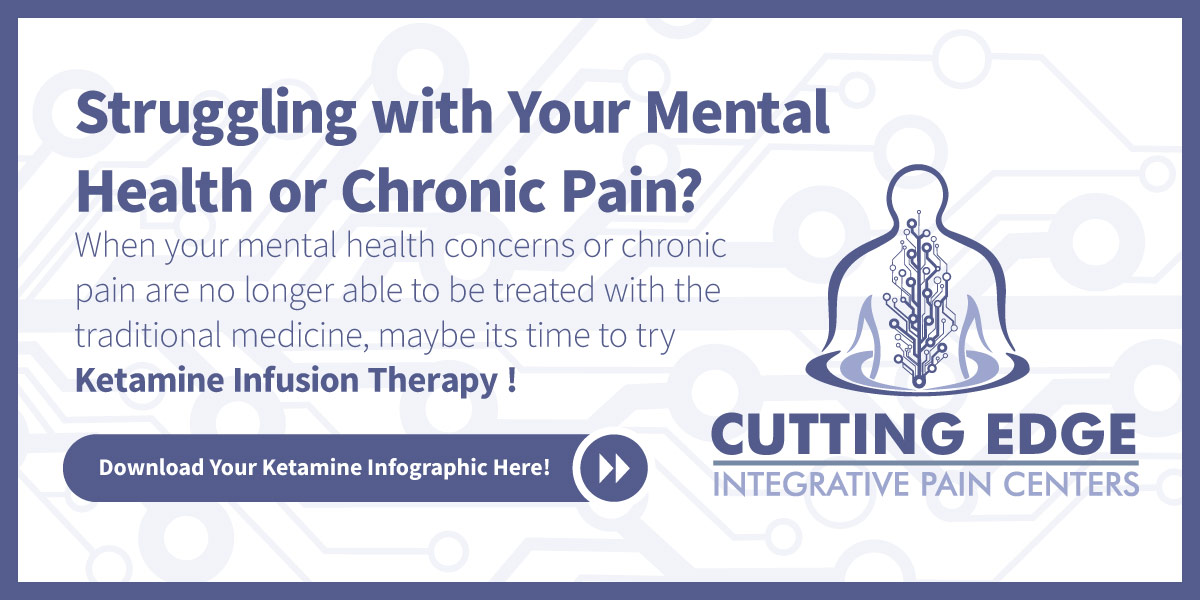While you’ve probably heard the phrase “you are what you eat”, did you know that what you eat can actually have an effect on you? But how does food affect your mood? Multiple studies in recent years have shown that the food you eat can affect your mood and overall mental health by contributing to the levels of certain nutrients in your body.
Looking for a Different Way to Treat Depression?
Learn About the Benefits of TMS
Missing Micronutrients
Your brain and body rely on certain key micronutrients, like vitamins, to function properly. Many Americans are deficient in these micronutrients such as vitamin D and choline. While these nutrients are abundant in healthy foods like fish, fruits, and vegetables, they are severely lacking in most processed, refined, and sugary foods. When a person is missing these micronutrients, it can lead to mood swings and if not fixed can cause depression. A lack of vitamin B12, B6, and B2 are often associated with depression. Other key micronutrients that you should make sure are in your diet include:
-
- Omega-3 fatty acids
- Iron
- Folate
- Selenium
- Vitamin C
- Magnesium
- Potassium
- Zinc
Probiotics
Probiotics, such as those found in yogurt and fermented food, are not only good for your gut health but also your mental and physical health. Probiotics have been shown to reduce inflammation throughout the body along with boosting your mood and energy levels.
Missing Meals
At some point most of us have skipped a meal due to either a busy schedule or just not feeling like eating. But eating regular meals and snacks are essential for maintaining your mood. When you go too long without eating it can lead to a drop in blood sugar which can then lead to mood swings. It’s best to have either a meal or a snack about every four hours.
Caffeine
While you may feel great after drinking a caffeinated beverage at first, the energizing effect will wear off and then you will feel the drop in not only your energy but also your mood. Caffeine is a stimulant that might make you feel good for a short period of time but won’t last. Caffeine can also cause anxiety, nervousness, and mood swings for some people. Water, low-fat milk, and green tea are much better alternatives for morning drinks when it comes to your mood.
While it may not be true that you are what you eat, it is true that what you eat affects your mood. It may be tempting to reach for sugary and processed foods when you are feeling down, but next time you think of reaching for something unhealthy try making the switch to a nutrient-packed snack instead. Fruits and veggies make great snack options, while grilled fish and whole grains make for micronutrient-rich meal options. If you need additional help managing your depression schedule a consultation with Cutting Edge Health today to learn about our mental health treatment options.


